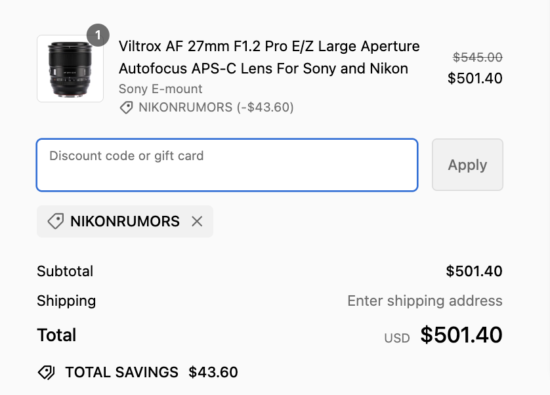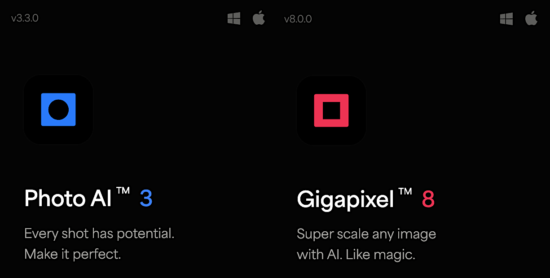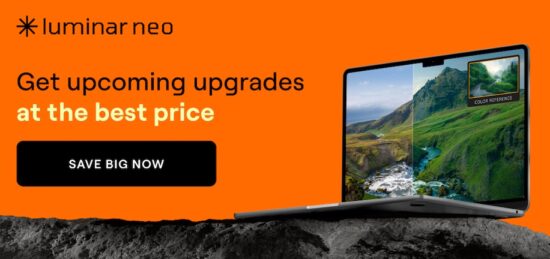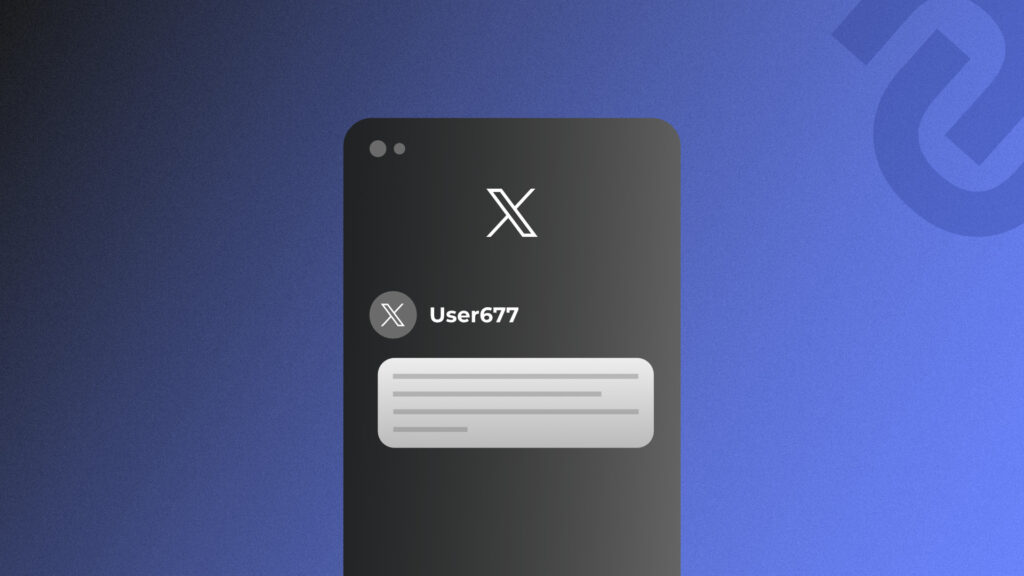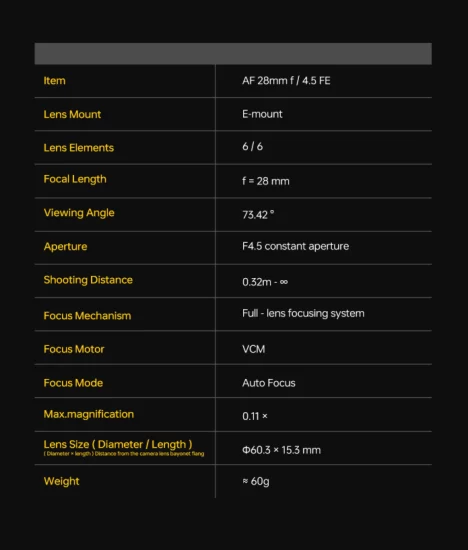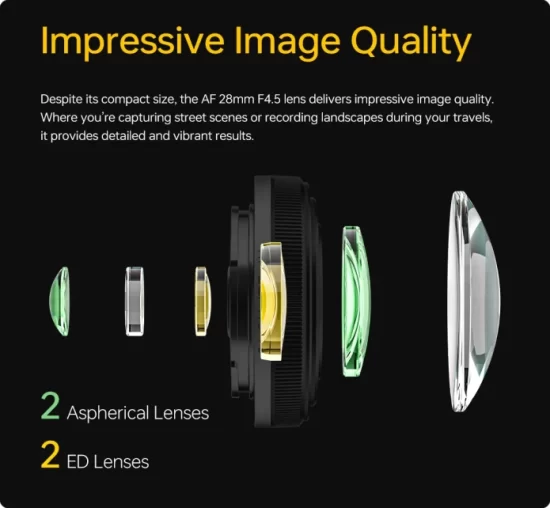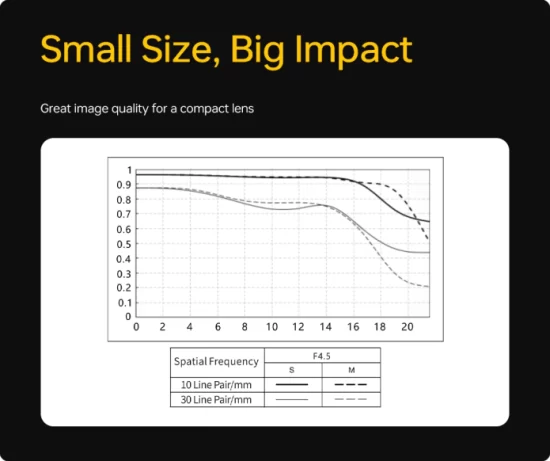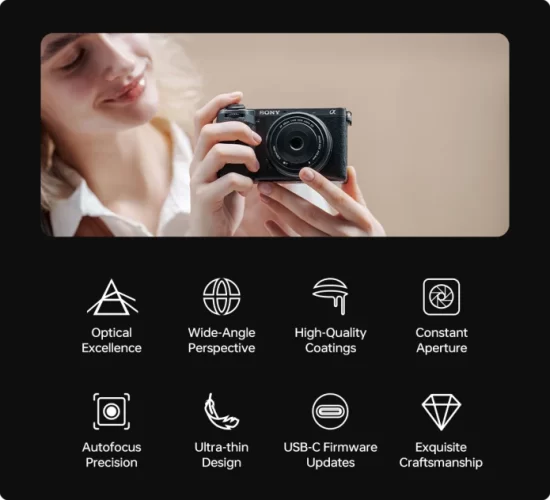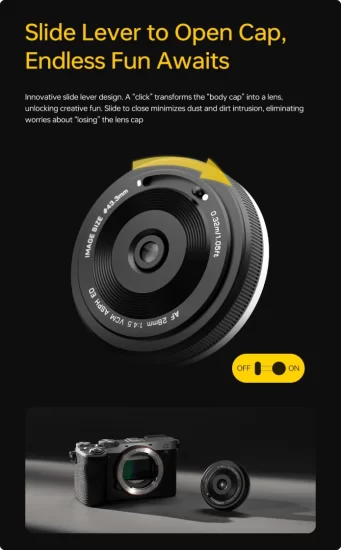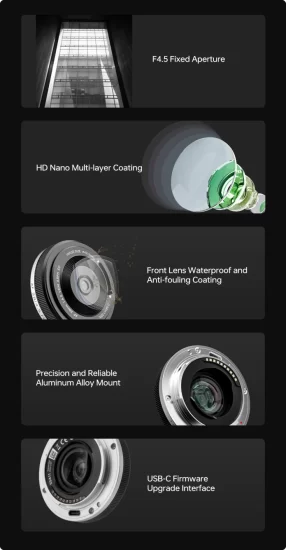On its 20th anniversary, Firefox "is still going strong, and it is a better browser today than it ever was," according to TechCrunch.
In an interview, Mozilla's interim CEO says one of the first things they did when was to "unlock a bunch of money towards Firefox product development... I've been in enough places where people tend to forget about the core business, and they stop investing in it, because they get distracted by shiny things — and then they regret it."
"Firefox is incredibly important, and it is our core. We've actually put more investment into it this year and into connecting with our communities, into bringing out and testing features that are positive and creating good experiences for folks. That's been a huge priority for me and for the company this year, and it's showing up in the results."
She acknowledged that Mozilla doesn't have the device distribution that benefits many of Firefox's competitors, especially on mobile, but she did note that the Digital Marks Act (DMA) in Europe — which means Apple, for example, has to provide a browser choice screen on iOS — is working. "With the DMA, even though the implementation hasn't been outstanding, we're seeing a real shift. When people have the choice to choose Firefox, they're choosing Firefox," she said...
To kick-start some of this growth, Mozilla is looking at reaching new, and younger, users. Chambers noted that Mozilla is running a number of marketing campaigns to make people aware of Firefox, especially those who are only now starting to make their first browser choices. With them, she believes, Mozilla's messaging around privacy lands especially well.
In a future where browsers include AI agents that take actions on behalf of users, there might be more confidence in a browser designed for privacy and transparency, the interim CEO points out — as part of their larger mission. "What I love about Firefox is that it really provides users with an alternative choice of a browser that is just genuinely designed for them.
"We have, from its very inception and throughout, really wanted to create a browser that prioritizes people over profit, prioritizes privacy over anything else, and to have that option, the choice."


Read more of this story at Slashdot.



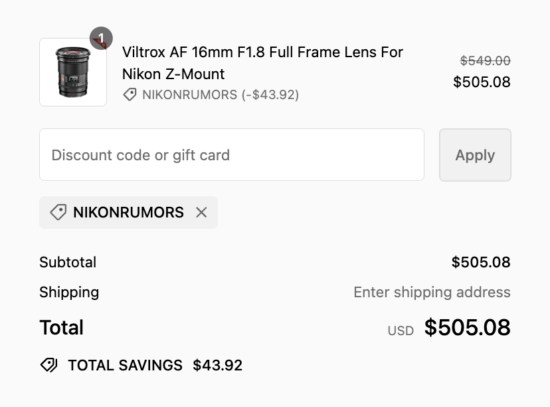
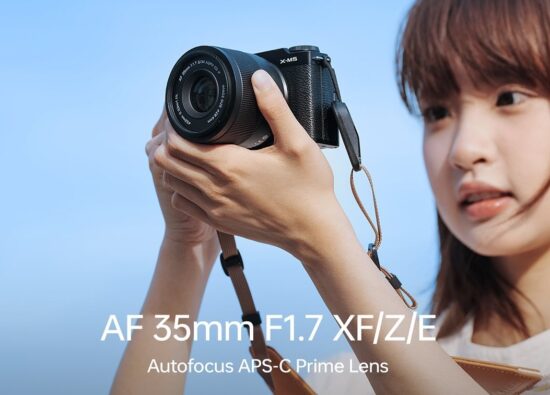














 prints. The camera body sports a premium and classical look and is characterized by analog-like operability using the lens dial, film dial and print lever, designed with attention to detail such as operation noise. In June 2023, Fujifilm added Brown as a new color to Black."
prints. The camera body sports a premium and classical look and is characterized by analog-like operability using the lens dial, film dial and print lever, designed with attention to detail such as operation noise. In June 2023, Fujifilm added Brown as a new color to Black."













